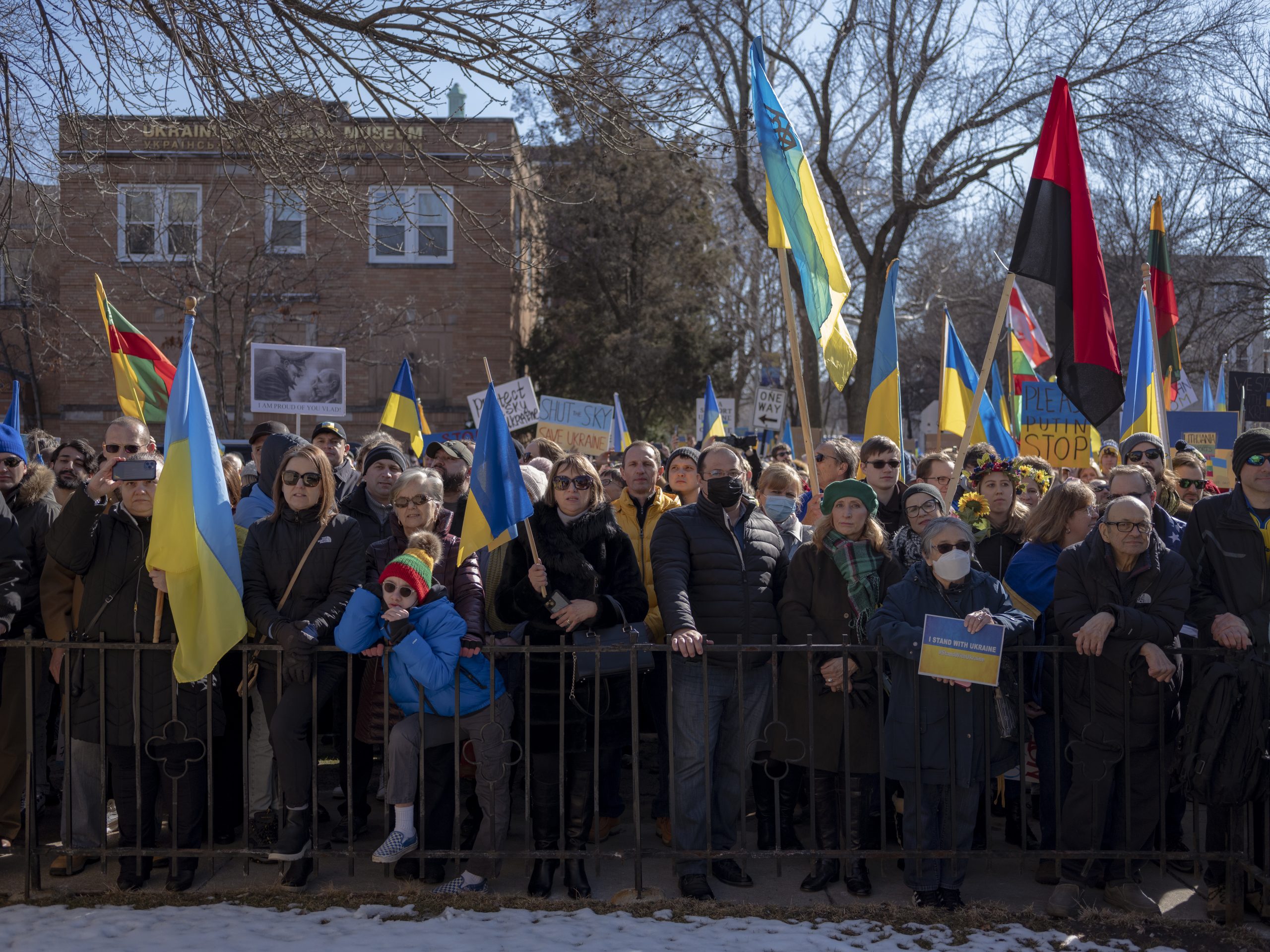
Chris Lange, FISM News
[elfsight_social_share_buttons id=”1″]
Western allies have undertaken a series of measures to provide additional military aid to Ukraine and further hamstring the Kremlin’s efforts to subdue Kyiv. The variety of measures show that the majority of Europe is united in its condemnation of Russia’s invasion of Ukraine.
- The European Union has entered an unprecedented agreement to jointly finance weapons deliveries to a third country in order to help Ukraine repel the Russian invasion. European Defense ministers met via video conference this morning to coordinate the deliveries of the arms, which began to arrive in Ukraine over the weekend.
- The European Union has shut down its airspace to Russian-owned and Russian-controlled aircraft.
- Britain said it is cutting Moscow’s major financial institutions off from Western financial markets.
- Japan joined the U.S. and European Commission members France, Germany, the United Kingdom and Canada in disconnecting selected Russian banks from the SWIFT global payment system.
- Energy company BP and global bank HSBC are taking steps to break ties to Russia.
- The UN Human Rights Council agreed on Monday to Ukraine’s request to hold an emergency debate this week following a statement to the Geneva forum by Kyiv’s envoy that Moscow’s military has committed acts that “may amount to war crimes.”
Another noteworthy moment came in the form of German Chancellor Olaf Scholz’s announcement on Sunday that Germany will now invest more than 2% of its economic output on defense, up from 1.5%, and seek to reduce its energy dependence on Russia.
The move signals a marked paradigm shift from Germany’s initially passive response to Russian aggression and years-long resistance to pressure from NATO allies to step up to its role as a major global power. Many believe Germany has struggled with post-war guilt since World War II, which has previously attributed to its phlegmatic approach to foreign policy.
